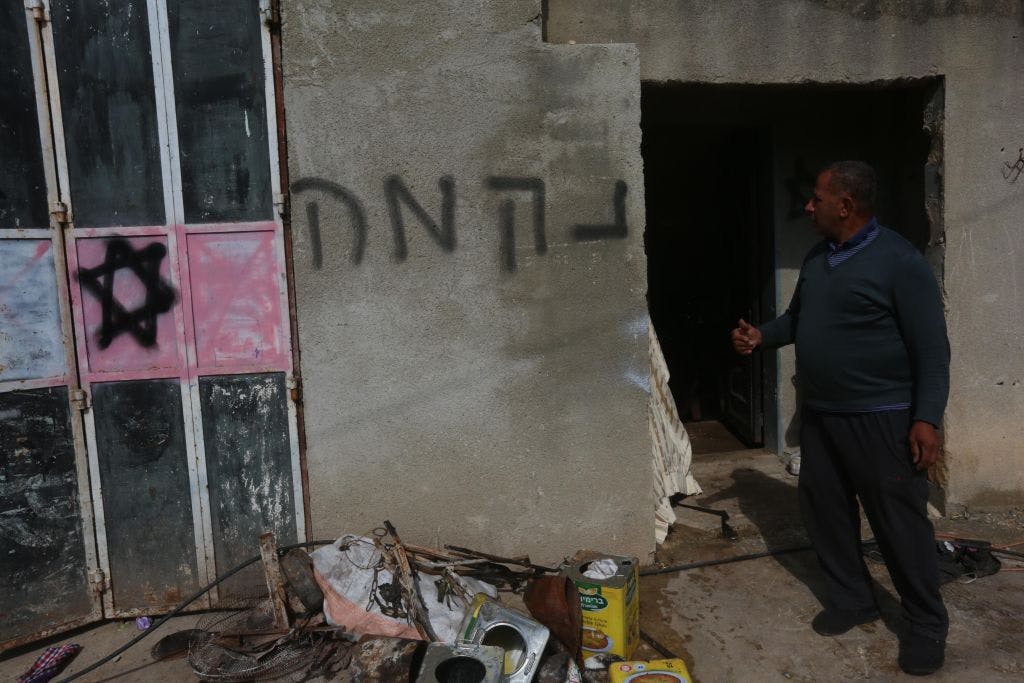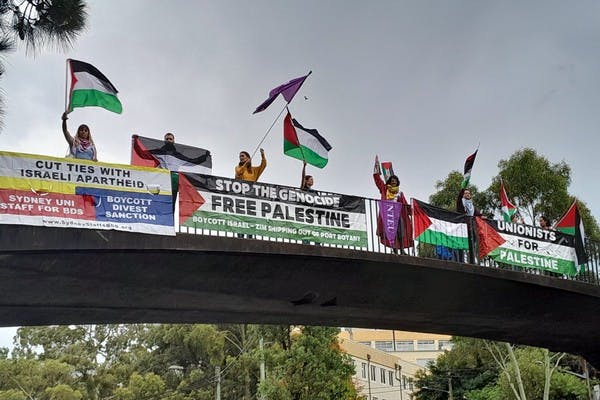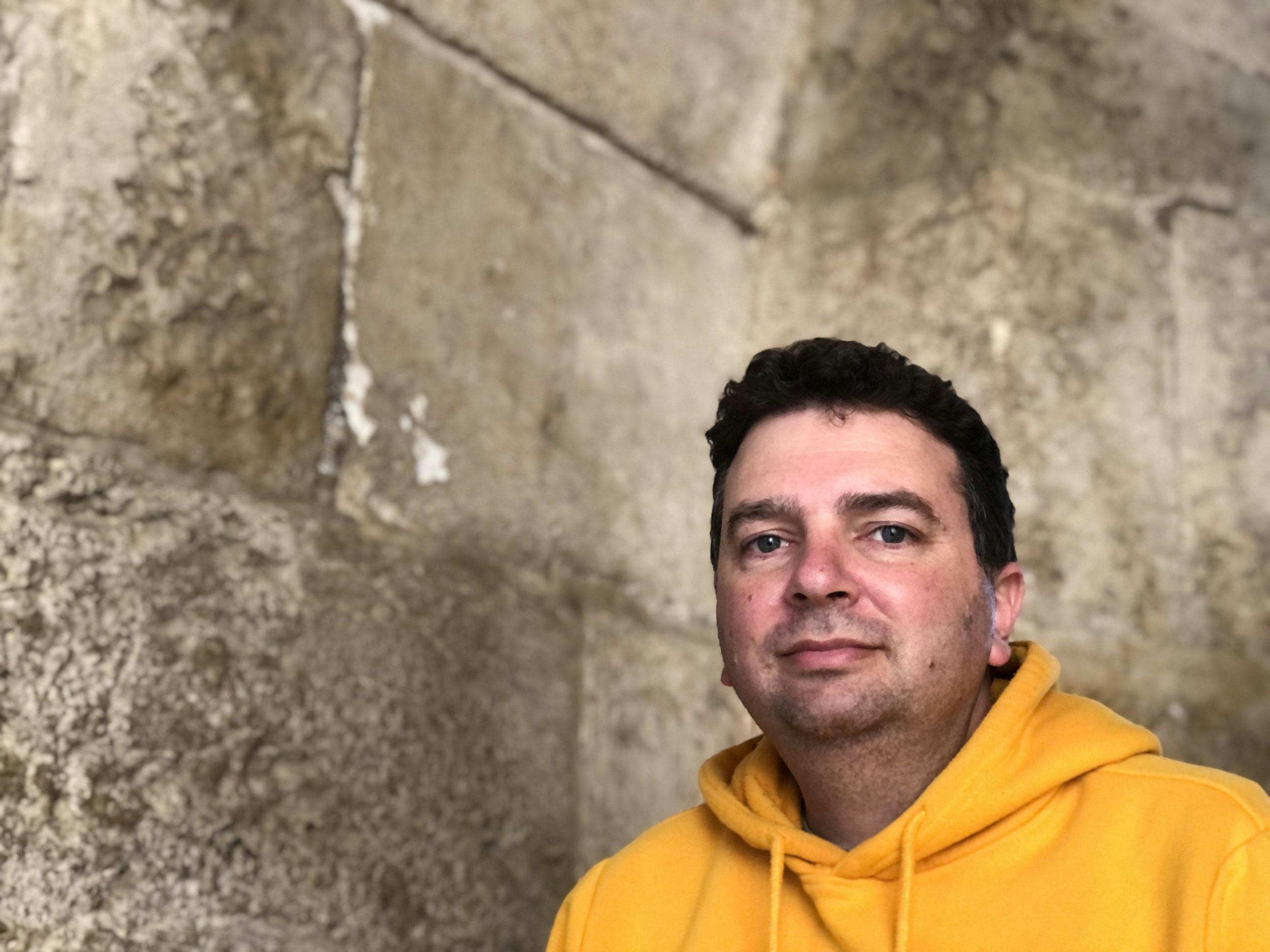Published: 20 February 2024
Last updated: 21 March 2024
BEN LYNFIELD meets the families of two men taken prisoner by Hamas in Gaza nearly ten years ago, their plight largely ignored in Israel until now.
For the families of Israeli hostages seized from border communities and brought back to Gaza by Hamas on October 7, every day is an eternity of worry, anguish and fears for the worst.
“Bring them home now” and “free them from hell” say signs at bus stops and buildings all over the country. Protests or other actions to press the government to strike a deal with Hamas freeing those being held are a near daily occurrence, taking on added urgency amid a sense that time is working against those in Hamas’s tunnel network.
But this ordeal is nothing new for relatives of two Israelis who became Hamas hostages about a decade ago but whose plight was largely ignored in Israel until now.
Bedouin-Israeli Hisham al-Sayed, 37, if he is still alive, and Ethiopian-Israeli Avera Mengistu, also 37, if still alive, appear to have been victimised not only by Hamas, but also by prejudice and the stigma of suffering from mental illness. In separate incidents, each crossed the border into Gaza on their own and fell into Hamas’s hands.
Sha’aban Al-Sayed, Hisham’s father, said in an interview with The Jewish Independent at his home in the impoverished Negev desert Bedouin town of Hura, that it is only now that he is feeling less isolated in his concern for Hisham. “Unfortunately, this greater awareness about Hisham happened because of the Holocaust of October 7,” he said, referring to the day Hamas and others killed 1200 people and took about 240 hostages.
“In the beginning, no one stood with us, not the Arab society, not the Jewish society and not the government. I was on my own,” said the contractor, who is a father of 12.
“When I mentioned Hisham, people would say, your son is mentally ill. He crossed the border alone. Deal with it alone. That’s how the government looked at it too,” he said.
Al-Sayed peered intermittently at television news as he spoke. He had just come from mosque prayers and he boiled up coffee on a small burner for his guest. The walls were bare except for posters of Hisham and awards for road projects he had directed.


Some of the homes nearby were shacks between which a group of children were gathered. “These kids have no future,” he said, a reference to the Bedouins’ dubious distinction of being the most marginalised and poorest segment of Israeli society.
But despite having disparate backgrounds, Al-Sayed said that he has found common ground with many of the hostage families and is in constant contact with some of them. “I came to support them and I saw that they also wanted to support us,” he said. Last week, he joined many other families in a trip to the Hague to press the International Court of Justice to try Hamas for war crimes.
Well before October 7, the cruelty of the fundamentalist group was clearly manifested in how it abused and exploited the mentally ill. Hisham, his oldest child, had crossed into Gaza for the first time in 2010 in an “extreme act” that reflected his mental illness, his father said.
“I don’t know when his illness set in. He grew up normal and suddenly it appeared.” He said Hisham’s illness was a cause of tension in the family. But on that occasion Hisham was lucky. With the intervention of Bedouin in Gaza, Hamas soon released him.
That was not the case in 2015, when Hisham crossed for a second time. Hamas classified as soldiers Hisham and Avera, who had crossed in 2014 and also ended up in the terrorist group’s hands. It lumped them together with fallen soldiers Hadar Goldin and Oron Shaul as a single group for negotiation purposes.
“For eight years I felt in deep despair and did not know what to do. Each time they would speak of a deal and it wouldn’t be carried out,” Al-Sayed said.
Officials didn’t even mention Avera or Hisham by their names for years, they would say only ‘the Ethiopian’ and ‘the Bedouin’.
The Israeli media, with a few exceptions, took little interest in the fates of Mengistu and al-Sayed.
As for officials, they didn’t even mention Avera or Hisham by their names for years, said Ilana Mushkin, a campaigner for Avera’s release. “They would speak of Hadar and Oron by name, but at the same time they would say only ‘the Ethiopian’ and ‘the Bedouin’,” she said.
“I don’t know whether things would have been different if Avera had blue eyes and came from the centre of the country,” Mushkin added.
Mushkin is by no means alone in alleging government failures. Last year State Comptroller Matanyahu Engelman wrote a report criticising the performance of those who held the post of Government Coordinator for Captives and the Missing.
The report focused on Yaron Blum, a former senior Shin Bet official who held the post from 2017-22. The report found that during meetings with the families of those abducted, no significant information was conveyed by Blum and that the sessions were “devoid of content.”
Centrist politician Yair Lapid, who served as prime minister towards the end of Blum’s tenure, defended him, however, terming his performance “professional, devoted and sensitive”.
But Al-Sayed pointed to his son’s illness “and among other things that we are Bedouin” for causing “continued negligent treatment”. He declined to use the word racism and stressed that he also faced problems from within his own community.
“There is a lot of prejudice. People see the mentally ill as a burden. They view them in a negative way even though Islam gives those with mental illness extra rights by saying their sins are not recorded.”
After the hostage-taking on October 7, the al-Sayed and Mengistu families were finally recognised by the state as being “victims of hostile activity”, the same status accorded families of the more recent hostages.
“For nine and a half years the state did not understand the meaning of this captivity, of how it feels day in day out, month after month and year after year. They didn’t understand the pain. Now they understand,” Mushkin said.
But, she stressed, in the years before the change she learned a lot about how larger Israeli society views Ethiopian Israelis. “I don’t want to say racism because that is a very harsh word,” she said. “But I hadn’t previously known the great gap that people of Ethiopian origin have to deal with.”
“It’s hard to prove what caused the belittling of Avera Mengistu and his family,” she continued. “But it seems he fits all the [wrong] categories: coming from the periphery, his [ethnic] origins, not speaking Hebrew well, and being mentally ill, an area where the state really needs to improve in terms of how it treats people.”
In Mushkin’s view, it is difficult to say whether the state made a genuine effort to gain Avera’s release. She notes that the decision was in Hamas’s hands. “Hamas is cruel and has no red lines. But it’s hard for me to believe that it was impossible to bring him back in one constellation or another,” she said.
Mushkin said Mengistu’s family was in an impossible position. “Their lives stopped nine and a half years ago. These are people who work hard. They don’t even have a car to get to meetings or the means to deal with all of this.”
The last time Hisham was seen by the outside world was in 2022 when Hamas released a video of him in bed with an oxygen mask. In January 2023 Hamas released a video of a man whom Mengistu’s mother identified as being Avera. But although Hamas released 110 Israelis and foreigners as part of a ceasefire and swap in November, none of them had seen or heard anything about Avera or Hisham.
Last month, Hamas’s armed wing announced that it had lost touch with the cell holding Mengistu. Al-Sayed, Golden and Shaul.
“I think it’s probably psychological warfare but maybe there’s truth to it and it worries me,” Hisham’s father said. “Since the IDF went in, I’ve become more worried.”
His concern is understandable. The Israeli army has killed more than 27,000 Palestinians in Gaza, the vast majority of them women and children, according to the Hamas run health ministry. The figures have not been independently verified. On one occasion, IDF troops shot dead three escaped hostages, mistaking them for Palestinians.
“You can have a situation where the IDF kills them with ease or maybe they could die because Hamas doesn’t care about them as much as they did before the war,” al-Sayed said.





Comments
No comments on this article yet. Be the first to add your thoughts.